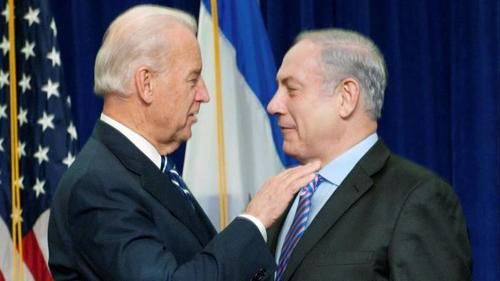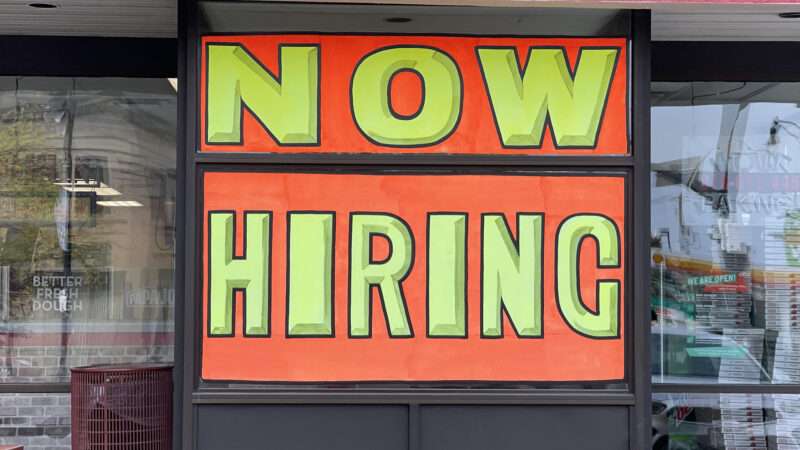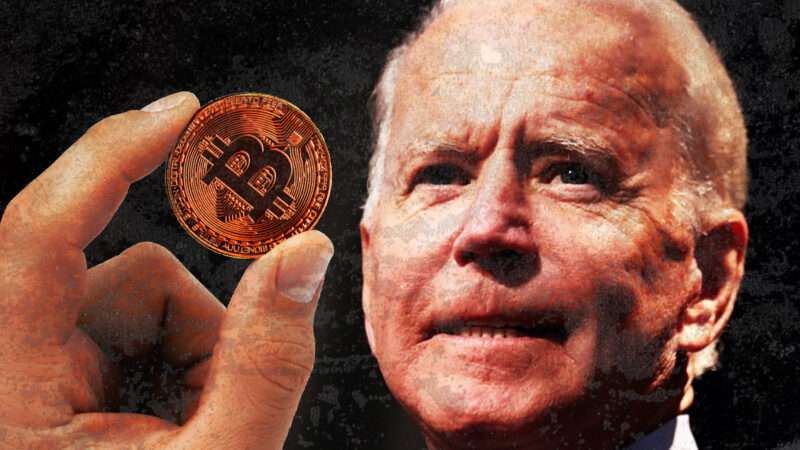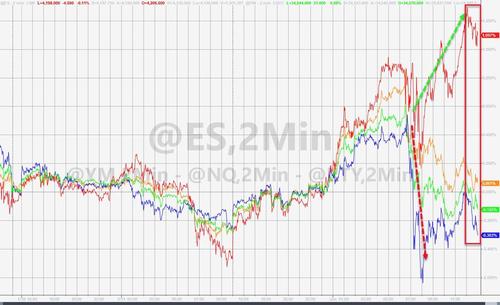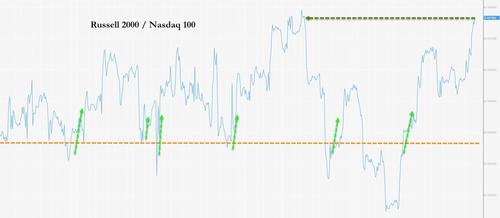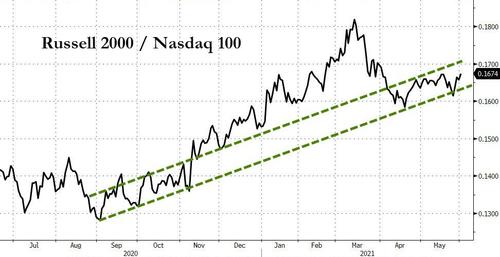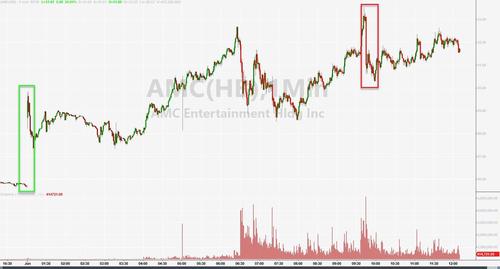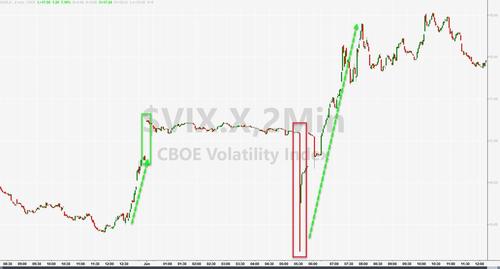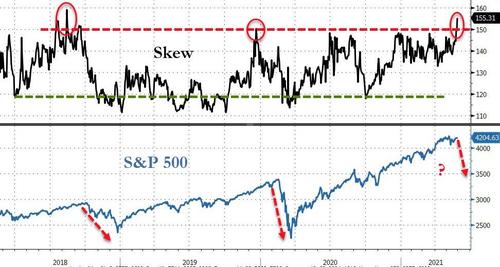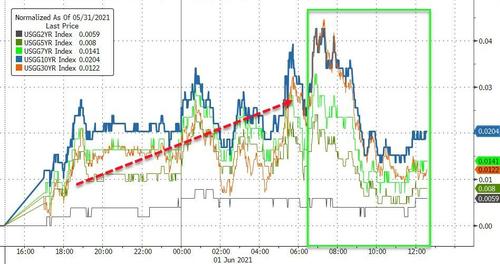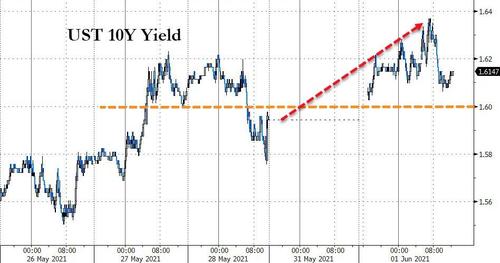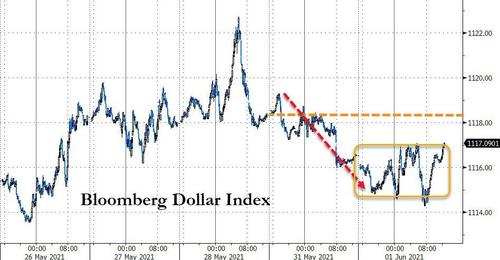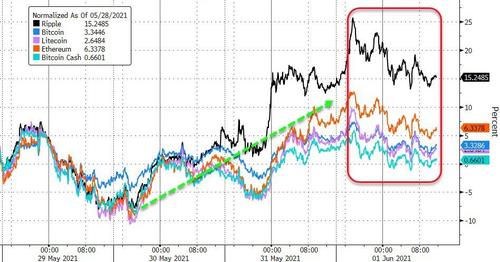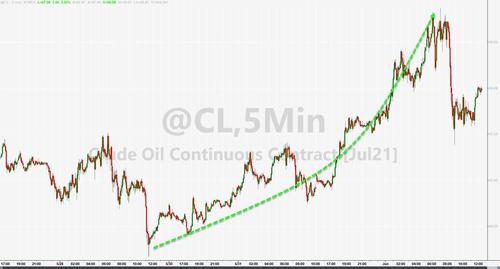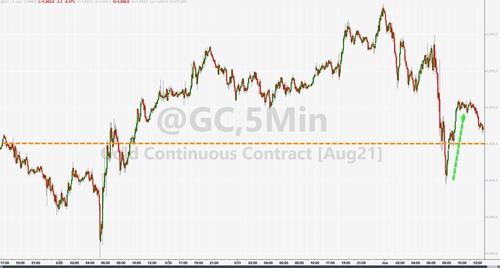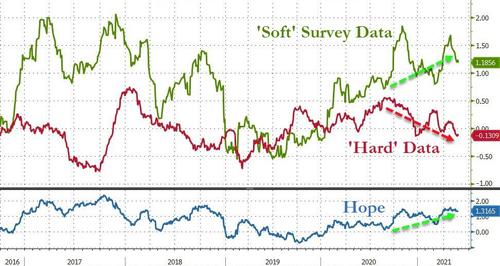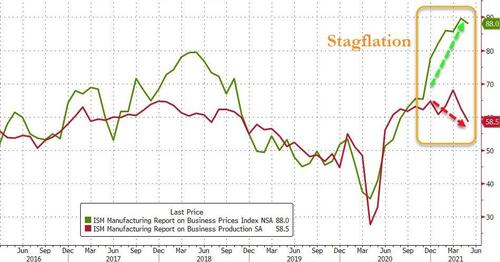Authored by Jim Quinn via The Burning Platform blog,
“The conscious and intelligent manipulation of the organized habits and opinions of the masses is an important element in democratic society. Those who manipulate this unseen mechanism of society constitute an invisible government which is the true ruling power of our country. …We are governed, our minds are molded, our tastes formed, our ideas suggested, largely by men we have never heard of. This is a logical result of the way in which our democratic society is organized. Vast numbers of human beings must cooperate in this manner if they are to live together as a smoothly functioning society. …In almost every act of our daily lives, whether in the sphere of politics or business, in our social conduct or our ethical thinking, we are dominated by the relatively small number of persons…who understand the mental processes and social patterns of the masses. It is they who pull the wires which control the public mind.”
– Edward Bernays – Propaganda – 1928
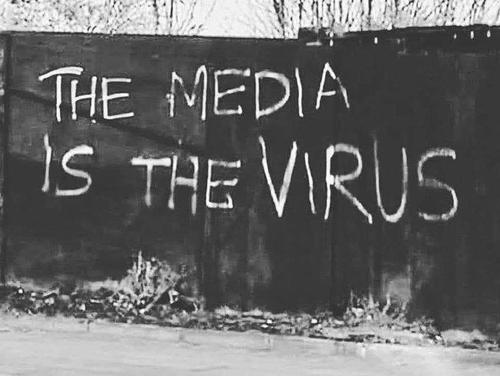
“For the first time in its history, Western Civilization is in danger of being destroyed internally by a corrupt, criminal ruling cabal which is centered around the Rockefeller interests, which include elements from the Morgan, Brown, Rothschild, Du Pont, Harriman, Kuhn-Loeb, and other groupings as well. This junta took control of the political, financial, and cultural life of America in the first two decades of the twentieth century.”
– Carroll Quigley – Tragedy & Hope – 1966
It has been somewhat baffling to me why the masses have been unable or unwilling to acknowledge the existence of a ruling cabal/invisible government who are the true ruling power in our world. Any impartial assessment of facts, recognition of historical events confirming the observations of Bernays and Quigley, and knowledge of human nature, should unequivocally convince a critical thinking individual what they are told to believe by politicians, media and financiers is entirely false.
For decades, calling anyone who questioned the approved and sanctioned narrative about how our “democracy” supposedly operates has been called a conspiracy theorist. Of course, this term gained widespread use after the CIA used the term about anyone questioning the JFK assassination. CIA Director William Casey could not have been any clearer about the true nature of our government than his statement in 1981.
“We’ll know our disinformation program is complete when everything the American public believes is false.”
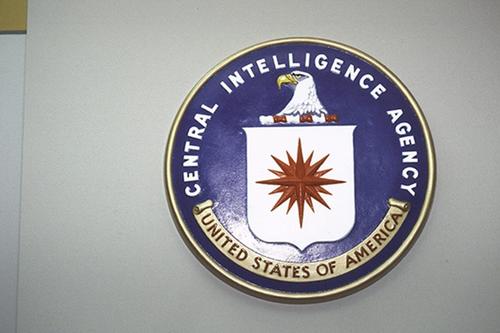
Your government and the financial interests who operate the puppet strings of their politician, media and central banker puppets do constitute a malevolent Deep State, designed to enrich themselves, while subjugating, controlling, and manipulating the masses. If anyone was in doubt about this fact, what has transpired in the last fifteen months should have convinced them of their error. The criminal ruling cabal have virtually perfected Bernays’ propaganda techniques through collusion with Big Tech and the traitorous surveillance state apparatus.
They have consciously and intelligently manipulated the ignorant masses regarding a non-lethal – to healthy people under 80 years old – annual flu, in order to test how far they could push their authoritarian un-Constitutional masking and lockdown measures upon us before we pushed back. To their delight and astonishment, the vast majority of Americans proved to be cowardly, easily manipulated, fearful, and begging to be enslaved by their superiors. It has truly been a depressing display of spinelessness, supplication, and subservience.
The lack of questioning authority, absence of critical thinking skills, inability to understand real risk, relinquishing liberties, and freedoms for presumed safety, and believing self-proclaimed medical “experts” has been a disgraceful exhibition of weakness, self-enslavement, and voluntary confinement at the behest of tyrannical politicians. You have to be seriously delusional or willfully ignorant to not acknowledge the coordinated effort by government apparatchiks, Silicon Valley billionaire censorship police, the Wall Street cabal, fake news mainstream media, Big Pharma complex, CCP, and the self- appointed ruling billionaire oligarchs – Gates, Soros, Bloomberg, Zuckerberg – to over-hype this Wuhan bio-lab virus as a means to implement their Great Reset master plan.
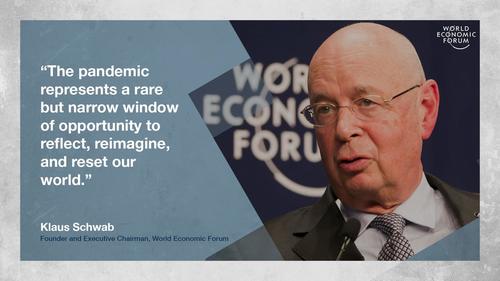
Their overwhelming success in pulling the wires controlling the public mind during this scamdemic have convinced them of their invincibility. Their control over all levers of our society makes it virtually impossible to change the course of our country and future history by operating within the system. When the system is entirely corrupted and dominated by a criminal cabal, there are no systematic solutions which will change the current paradigm.
William Casey’s dream of a successful disinformation campaign has been achieved, as virtually everything Americans believed over the last fifteen months has been false. At this point, no one operating within the government, mainstream media, financial industry, military industrial complex, or medical industrial complex can be trusted to tell you the truth. Discerning the truth of events, supposed facts, and those pretending to act in your best interests have never been more difficult.
I stopped watching the mainstream media news networks years ago and cancelled newspaper subscriptions before that. Over the last year, the relentless covid propaganda being shoveled by my local news stations forced me to abandon them. Most of the websites which allowed divergent opinions have sold out for the almighty buck. Big Tech tyrants and the Wall Street cabal see it as their job to suppress the truth and censor those who dare question the ruling party sanctioned narrative by cutting off access to advertising revenue and followers.
Even the few larger sites who remain committed to revealing the truth have been forced by Big Brother Google, Facebook, Amazon, and Twitter to censor commentary and not go too far off the reservation regarding who is running the show and calling the shots. The fear of seeing your income obliterated can be a very motivating force in convincing you to do as you are told. As Orwell predicted, The Party (aka as Deep State, ruling criminal cabal, invisible government) is always right.
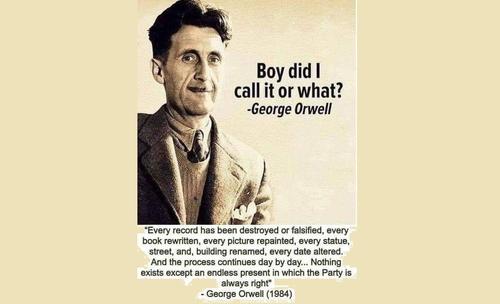
I have experienced de-platforming, censorship demonetization, and denial of service attacks for attempting to tell the truth and allowing freedom of speech within the comment stream of my website. Back in 2008, after Seeking Alpha and Financial Sense sold out to Wall Street, they began censoring, editing, and suppressing my articles, which told the truth about Wall Street criminality and Washington corruption. Ultimately, they banned me from posting articles, prompting me to create a site where I controlled the content.
I did it on the cheap, with low-cost server companies. Trying to make a buck proved challenging as my site was black balled by Google Adsense, Amazon, Yahoo, Lockerdome, and several other ad companies who did not believe in my right to publish articles not toeing the company line. A massive denial of service attack mysteriously brought the site down for a week, shortly after writing a scathing article about Google.
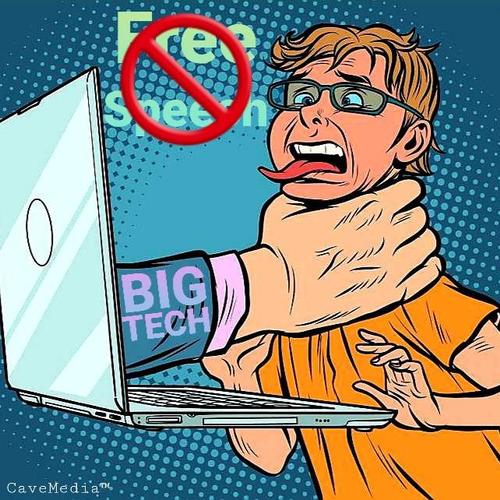
Fellow freedom of speech advocate Mike Krieger (Liberty Blitzkrieg) saved the site by putting me in touch with his freedom of speech believing IT guru, who fought off the attack and placed my site on his secure server. Through the generosity of dedicated members of my community and a few lower tier advertisers, the site continues to be a voice in the wilderness. My non-reliance on Twitter, Youtube, or Facebook is now a blessing, as they have zero impact on the success or failure of my site.
Still, in this cancel culture environment, there is constant danger of Tech retribution and/or left-wing loons attempting to destroy my life for telling the truth and pulling back the curtain on the traitorous scum destroying our country. They have tried to get me fired from my job and will surely try again. Censorship is the hallmark of authoritarian regimes, so you judge what we are experiencing at this point in history.
My belief there are no solutions is based on what I have observed since I first started writing about economy, financial markets, politicians, media, and society as a whole in 2008. I was outraged by federal spending of $3 trillion and budget deficits exceeding $500 billion in 2008. I thought ratcheting spending over $3.5 trillion and running deficits exceeding $1 trillion would destroy the economy during Obama’s reign of error.
Wrong again. Spending swelled to over $4 trillion, and deficits approached $1 trillion again during the Trump administration, culminating in FY20 pandemic spending of $6.5 trillion and a deficit of $3.1 trillion. It looks like FY21 will finish with spending in the $5.8 trillion range and a deficit in the range of $2.5 trillion.

These numbers would have seemed unfathomable in 2008 and would have provoked rage among any reasonable person. Instead, our illegitimate dementia racked empty vessel of a president, when he is not ogling fourteen-year-old girls in the audience, is proposing a budget of $6 trillion of expenditures, while government revenues are stuck in the $3.5 trillion range. And no one blinks an eye. Interest rates decline. The stock market goes up. All is well in this fantasy land of delusion.
The powers that be are supremely confident they can run the national debt as high as they choose, with no adverse consequences to themselves or the long-term stability of the country. In fact, QE to infinity to fund the multi-trillion-dollar deficits has greatly benefited and will continue to benefit the criminal billionaire cabal reaping enormous profits from this scheme, while the plebs are left with stimmy crumbs, declining real wages, and raging inflation in food, energy, rent, home prices and just about everything they need to live.
How can anyone believe there are reasonable methods of solving the problems of this country through democratic means, when the entire system is captured, corrupt, and concealed from visibility by a criminal cabal of sociopathic billionaires and their highly compensated lackeys? The Deep State, or whatever you want to call the ruling oligarchy controlling the levers of society, have been able to deflect responsibility for the current state of affairs by having their captured media mouthpieces deny their existence and classify those of us who call out their misdeeds as conspiracy theorists.
As this denial of reality loses credibility, and every conspiracy theory is proven to be true, these Deep State co-conspirators have stepped out of the shadows and showed their cards during this fake pandemic crisis. I am not sure whether this change in tactics is an act of hubris or desperation.
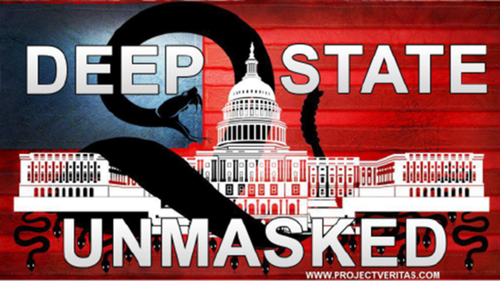
“I have come to call this shadow government the Deep State…a hybrid association of key elements of government and parts of top-level finance and industry that is effectively able to govern the United States with only limited reference to the consent of the governed as normally expressed through elections”
– Mike Lofgren
In Part Two of this article I will show how the Deep State weaponized the Covid virus to implement their reset agenda and discuss some options to negate their well laid plans.
* * *
The corrupt establishment will do anything to suppress sites like the Burning Platform from revealing the truth. The corporate media does this by demonetizing sites like mine by blackballing the site from advertising revenue. If you get value from this site, please keep it running with a donation
